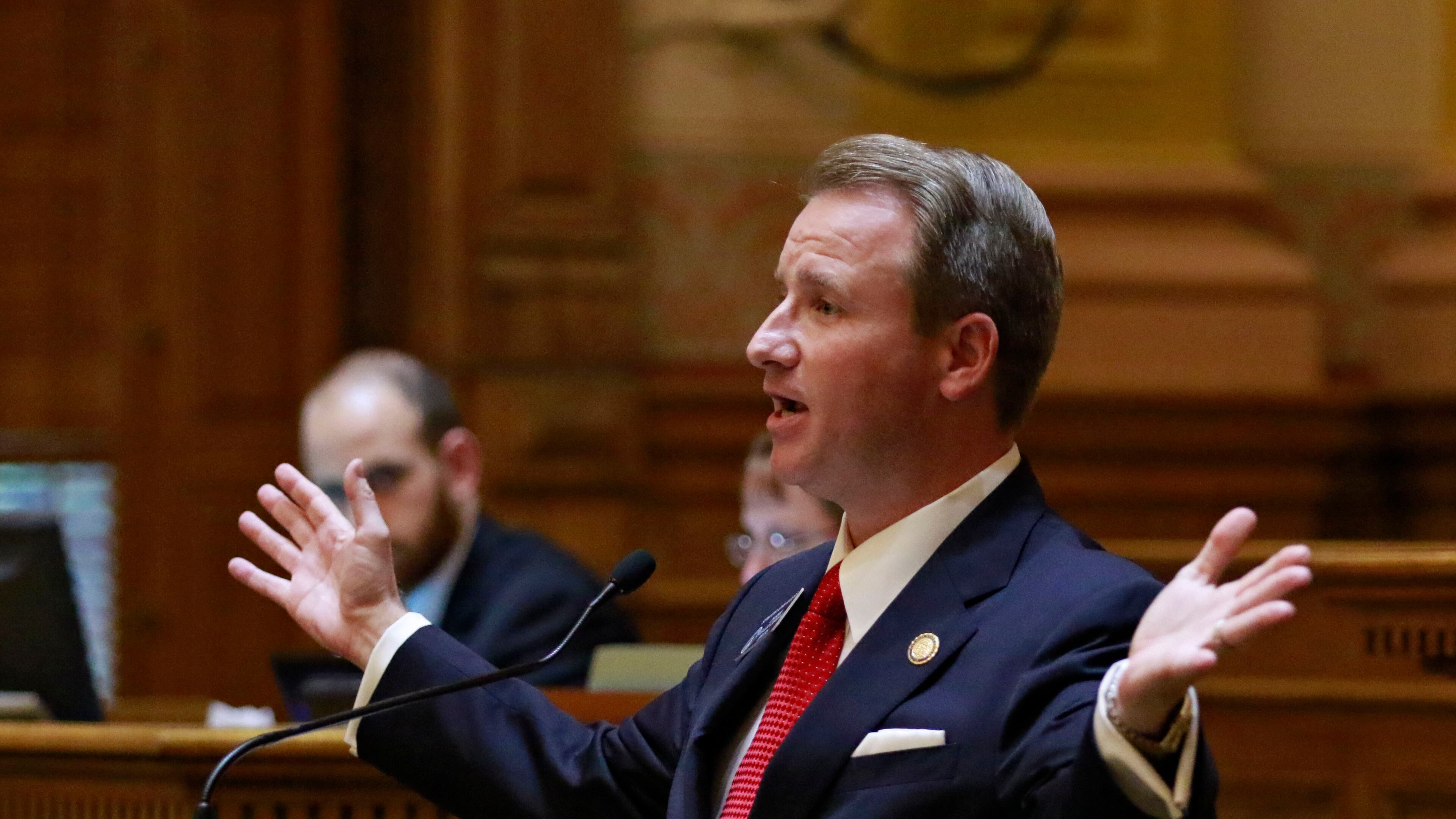Georgia panel starts examining impact of tax breaks approved each year

A Georgia Senate committee on Tuesday began what could be a years-long study to determine whether the hundreds of millions of dollars in tax breaks the state gives industries and individuals each year do what they were designed to do.
State Sen. John Albers, R-Roswell, who heads the special panel, told colleagues there is no way they will be able to finish going through the dozens of income tax credits and sales tax breaks the General Assembly has approved by the end of the year.
Part of the aim is to see whether the tax breaks do what promoters — often lobbyists — say they will do: create or retain jobs, boost the economy or help in other areas, such as schools and charities.
But when the annual parade of tax break bills moved to the Senate from the state House during the 2017 session, some senators also voiced frustration that the revenue the state lost doling out special-interest tax breaks made it harder financially to meet their main goal: cutting Georgia’s top income tax rate of 6 percent.
"I am more interested in lowering everyone's income taxes and not having credits be so prevalent in Georgia," state Sen. Hunter Hill, R-Atlanta, a member of the committee, said Tuesday.
Hill is running for governor in 2018 and has promised to lead the fight to eliminate the state’s income tax, the government’s biggest source of revenue.
Special-interest tax breaks are an annual part of General Assembly sessions and have been for decades. They usually gain approval on the final day of each session, when lawmakers take more than 100 votes over the period of about 14 hours.
This year's session was no different. While the Legislature failed to pass a broad-based tax cut that lawmakers proposed, in the final hours it backed a tax break for the owners of giant yachts who have their vessels retrofitted or repaired in Savannah and a $60 million tax credit measure to pump money into rural Georgia that was described as a "a "bad investment scheme" by the chairman of the Senate tax committee.
The Georgia Budget and Policy Institute estimated earlier this year that the dozen tax breaks lawmakers approved late in the 2017 session would cost the state treasury, and save select beneficiaries, about $483 million over the next five years.
The state has long done a hit-or-miss job of looking back to see whether the various tax incentives for businesses do what lawmakers were told they would do. A few big success stories — such as the tax break for filming in Georgia — get a lot of publicity. Legislators and the public get little information on many other ones. In some cases, state agencies refuse to give out much information, despite the fact that hundreds of millions of dollars in public tax money is at stake.
Whether lawmakers approve a tax break in the first place generally depends on how good lobbyists for specific businesses and industries are at selling their proposal. Lobbyists packed the meeting room Tuesday for the committee’s first hearing.
Albers said, “We are going into this with no preconceived notions.”
Some of the tax breaks, Albers said, “are head-scratchers, some of them are great.”
Albers said the exercise could lead to a system for lawmakers to evaluate tax incentive proposals before they are approved and after they become law.
GOVERNMENT AND POLITICAL NEWS
If it happens in Washington or under the Gold Dome — or somewhere else — and it affects Georgians, The Atlanta Journal-Constitution has somebody there to tell you what it means. Follow our coverage at http://www.myAJC.com/politics.



